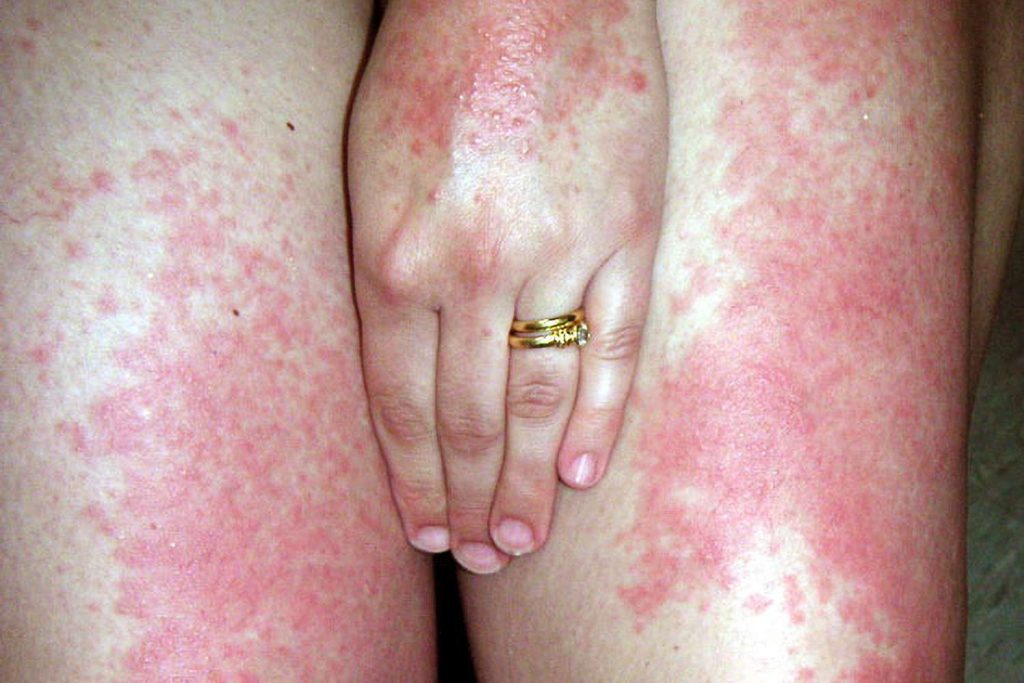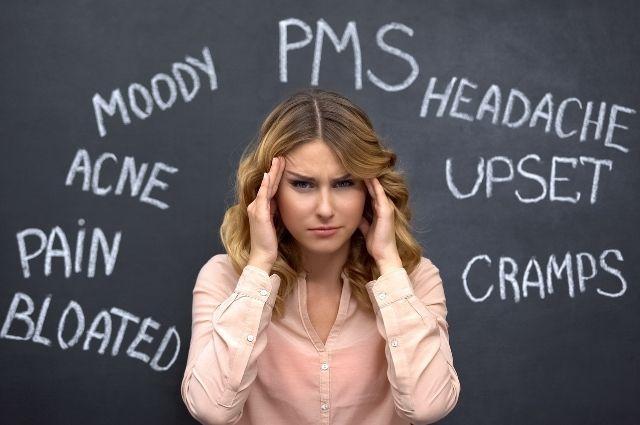Reason 6: Ineffectiveness and False Sense of Security
Research indicates that sunscreens may be less effective than advertised, often due to improper application or infrequent reapplication. A study in the Journal of the American Academy of Dermatology found that many people do not apply enough sunscreen to achieve the protection claimed on the label . This false sense of security can lead to increased sun exposure, heightening the risk of sunburn and skin damage.

Also: “Dead Butt Syndrome” Is A Real Thing — Here’s How To Tell If You Have It
Reason 7: Alternatives to Sunscreen
There are several alternatives to sunscreen that can effectively protect your skin. Wearing protective clothing, such as long-sleeved shirts and wide-brimmed hats, provides a physical barrier against UV rays. Natural oils like coconut oil, carrot seed oil, and red raspberry seed oil have inherent SPF properties. While these alternatives may not offer the same convenience, they can be safer for both your health and the environment.

Reason 8: Potential Hormone Disruption

Certain sunscreen ingredients, such as oxybenzone, are known endocrine disruptors. They can interfere with the body’s hormonal systems, potentially leading to reproductive issues, thyroid dysfunction, and developmental problems in children. According to Dr. Philippa Darbre, a professor of oncology at the University of Reading, “The cumulative exposure to endocrine disruptors in personal care products, including sunscreen, is a significant public health concern” .

